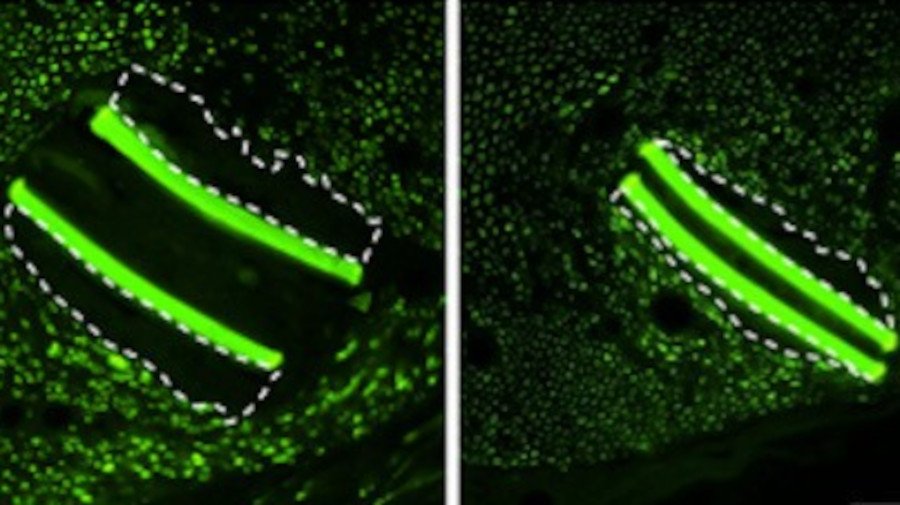When it comes to prosthetic implants—especially neural ones that connect directly to the nervous system—the body doesn’t always play nice. Scar tissue forms, inflammation flares, and over time, the very device meant to restore function can become a source of dysfunction. But a new strategy from an international research team led by the Universitat Autònoma de Barcelona may offer a way to quiet the immune system’s alarm bells and extend the lifespan of these critical implants.
The solution? A chemical coating that slowly releases dexamethasone, a potent anti-inflammatory drug, directly at the site of the implant. The team modified the surface of polyimide—a flexible material commonly used in neural electrodes—so that the drug could be covalently bonded and released over a two-month period. That window is crucial: it’s when the immune system typically mounts its strongest response to foreign materials. By delivering the drug locally and gradually, the coating helps reduce inflammation without compromising the implant’s mechanical integrity or biocompatibility.
In biological tests, the coated implants showed reduced immune cell activation and less scar tissue formation. Animal studies confirmed the effect, suggesting that the approach could significantly improve the long-term stability of neural prosthetics used after limb amputations or nerve injuries. The work is part of the European BioFINE project, and while it’s still early days, the researchers believe this could be a foundational step toward smarter, more harmonious integration of electronics with the human body.
As Dr. Xavier Navarro of UAB put it, the next milestone will be demonstrating that this coating not only reduces inflammation but also improves the functional performance of chronically implanted electrodes. If successful, it could mark a turning point in neuroprosthetics—where the body stops fighting the tech, and starts working with it.
Article from UAB: New strategy to improve the body's tolerance to prosthetic implants
Abstract from Advanced Healthcare Materials: Covalent Binding of Dexamethasone to Polyimide Improves Biocompatibility of Neural Implantable Devices

